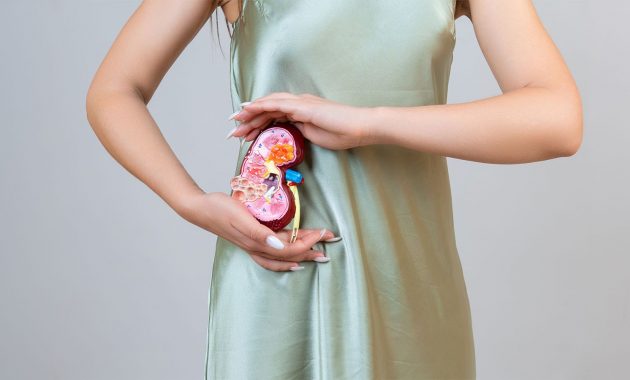If you are dealing with kidney problems, be careful about your diet! Know about the foods to avoid with kidney diseases.
Our kidneys serve as a crucial filtration system in the body, eliminating waste products and excess fluid from the blood and produce urine. However, when the kidneys become compromised and fail to filter blood properly, it puts you at greater risk of health issues. It also heightens the likelihood of chronic conditions such as high blood pressure and diabetes. This makes it is essential that you properly assess your lifestyle and diet to manage your kidney problems. Let us tell you about certain foods to avoid with kidney disease as they may make your condition worse.
Foods to avoid with kidney disease
Here are 6 foods you should avoid if you are dealing with any kidney disease or problem:
1. High-sodium foods
Sodium is a significant concern for individuals with kidney disease. The kidneys regulate sodium balance, and when they are compromised, excess sodium can lead to high blood pressure, fluid retention, and swelling, according to a study published in International Journal of Molecular Sciences. Common high-sodium foods include:
- Processed foods such as canned soups, frozen dinners, and packaged snacks
- Salty snacks such as chips, pretzels, and salted nuts
- Processed meats (bacon, ham, sausages)
- Fast-foods

To manage sodium levels, always read food labels carefully and choose low-sodium or no-salt-added products. Apart from this, focus on consuming freshly cooked foods at home.
Also read: 5 signs of kidney diseases you should not ignore
Also Read

2. High phosphorus foods
Phosphorus is another mineral that the kidneys regulate. “High phosphorus levels can lead to bone and cardiovascular problems for those with kidney disease,” says Dr Archana Batra, a nutritionist and certified diabetes educator. Foods high in phosphorus include:
- Dairy products such as milk, cheese, and yoghurt
- Nuts and seeds
- Whole grains
- Colas and other dark-colored sodas
- Certain seafood (sardines, fish roe)
Instead, choose refined grains and limit the intake of dairy and nuts to help control phosphorus levels.
3. Potassium-rich foods
While potassium is essential for muscle function and heart health, excessive potassium can be harmful to those with kidney disease. The kidneys regulate potassium levels, and when they are not functioning properly, potassium can accumulate in the blood, leading to heart problems. Hence, according to a study published by Advances in Nutrition, limiting potassium intake is often recommended. Foods high in potassium to limit or avoid include:
- Bananas
- Avocados
- Oranges and orange Juice
- Tomatoes and tomato products
- Potatoes and sweet potatoes
Choose lower-potassium foods such as apples, berries, and grapes to limit your daily potassium intake.
4. Protein-rich foods
While protein is vital for weight loss, muscle strength, building bones, etc., excessive intake can strain the kidneys, especially in those with kidney disease. A long term high protein diet can cause hypertension and worsen kidney disease, finds a study published by Journal of the American Society of Nephrology. High-protein foods include:
Select Topics of your interest and let us customize your feed.
PERSONALISE NOW
- Poultry
- Red meat
- Fish
- Eggs
- Dairy products

You may consult with a dietitian to determine the right amount and types of protein to include in your diet.
Also read: Get these 5 tests to identify kidney diseases
6. High oxalate foods
“Oxalates are natural compounds found in certain foods that can contribute to kidney stones, particularly in those susceptible to oxalate kidney stones,” explains Dr Batra. High oxalate foods to limit or avoid include:
- Spinach
- Rhubarb
- Beets
- Nuts
- Chocolate
- Alcohol
You may eat low-oxalate vegetables such as cabbage, cauliflower, and lettuce to reduce the risk of kidney stones.
7 other tips to manage kidney diseases
- Drink adequate amounts of water to help the kidneys filter waste.
- Keep a check on your blood pressure regularly, as kidney disease may increase the risk of heart problems as well.
- If you have diabetes, controlling your blood sugar is crucial.
- Check for sodium, potassium, and phosphorus content on food labels.
- Prepare meals at home using fresh ingredients to control added salt and preservatives.
- Follow your medication routine to control the symptoms of kidney diseases.
- Go for regular check-ups to monitor kidney function.
With these diet tips, you can manage your kidney diseases!
#types #foods #avoid #kidney #diseases
